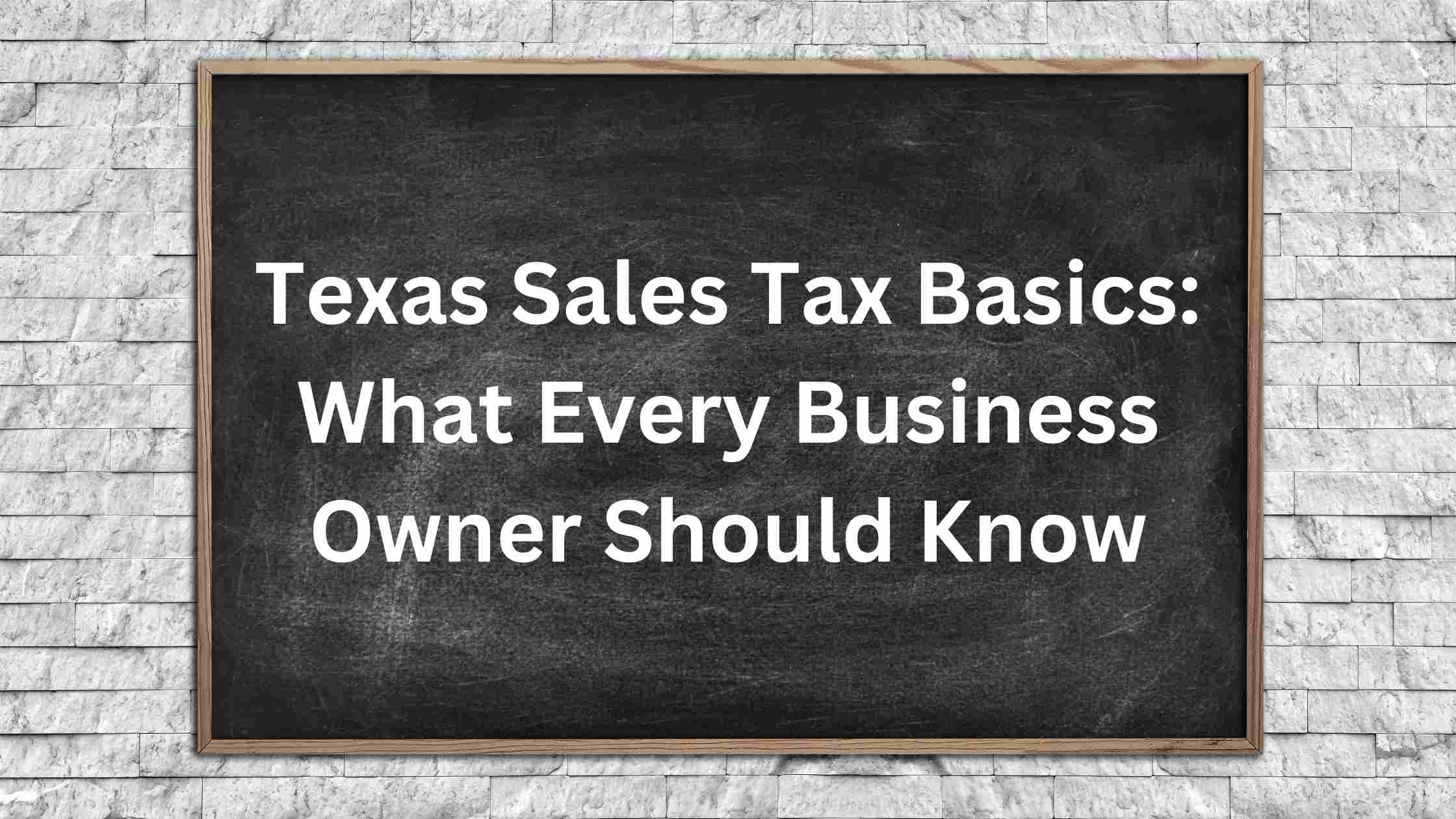If you operate a business in the Lone Star State (Texas), understanding the ins and outs of Texas sales tax is not just a legal requirement but a crucial aspect of your financial management. Whether you’re a seasoned entrepreneur or just starting out, navigating the complex landscape of state sales tax regulations can be a challenging endeavor. Let’s dive into the fascinating world of Texas sales tax together, one article at a time.
Texas Sales Tax: Introduction
Texas imposes 6.25 percent state sales and use tax on various transactions, including the retail sales, leases, and rentals of most goods and taxable services. This state-level tax is a fundamental component of Texas’ revenue system.
Additionally, it’s important to note that local taxing jurisdictions within Texas, which include cities, counties, special purpose districts, and transit authorities, have the authority to levy their sales and use taxes. These local taxes can be imposed at a rate of up to 2 percent. When combined with the state tax rate, this can result in a maximum combined sales and use tax rate of 8.25 percent in certain areas of Texas.
For instance, businesses operating in El Paso city of Texas, the combined sales tax rate is 8.25%, with 1.75% collected by the city, 1% for the county, and an extra 0.5% designated for the local mass transit agency.
Regardless of your customer’s location, you should apply the specific total rate applicable to that area. To confirm the correct rate, consult the latest information provided by the Texas Department of Revenue. They also offer a Sales Tax Rate Locator tool for pinpointing rates at specific addresses.
Who needs a Texas Sales Tax Permit?
In Texas, businesses that make taxable sales, leases, or rentals of tangible personal property and some services are generally required to register for and collect sales tax.
Here are some common scenarios that may require businesses to register for sales tax in Texas:
- Physical Presence: Businesses with a physical presence in Texas, such as a storefront, office, warehouse, or distribution center, typically need to register for sales tax.
- Economic Nexus: Even if a business is located outside of Texas, it may be required to register if it has an economic Nexus in the state. Economic nexus is established when a business meets certain sales thresholds or other criteria in Texas. The specific thresholds and rules can change, so it’s important to stay up-to-date with current regulations.
- Service Providers: Some services in Texas are also subject to sales tax. Businesses that provide taxable services may need to register and collect sales tax.
- Remote Sellers: Out-of-state sellers who sell taxable items in Texas and meet economic nexus thresholds may be required to register and collect sales tax.
- Lessors and Renters: If you lease or rent tangible personal property, such as vehicles, equipment, or real property, you may need to register for a sales tax permit.
- Sellers at Special Events: Vendors who sell items at special events, such as fairs, festivals, or temporary markets, may need a temporary Sales Tax Permit for those specific events.
What is the threshold Limit required for Sales Tax Registration?
The threshold limit for sales tax registration, often referred to as the sales tax registration threshold or economic nexus threshold, can vary by state in the United States.
For out-of-state sellers, the threshold for sales tax registration in Texas is generally determined by their sales volume in the state. specifically:
- Total Texas Sales Threshold: If an out-of-state seller’s total Texas sales in the preceding 12-month period exceed $500,000, they are required to register for and collect Texas sales tax.
- Total Number of Separate Texas Transactions: Alternatively, if an out-of-state seller has 200 or more separate Texas transactions in the preceding 12-month period, they are also required to register for and collect TST.
These economic nexus thresholds were established in accordance with Texas’s adoption of economic nexus laws following the U.S. Supreme Court’s decision in South Dakota v. Wayfair in 2018.
It’s crucial to stay informed about changes in tax laws and regulations, as these thresholds can be updated by state authorities. For the most current and accurate information, you should check the Texas Comptroller of Public Accounts website.
Disclaimer:
The information provided in this content is for general informational purposes only. You should always seek the advice of an expert before making any decisions based on the information provided. We do not warrant or guarantee the accuracy, completeness, or usefulness of the information provided. Any reliance you place on such information is strictly at your own risk. We are not responsible for any damages, losses, or expenses related to the use of this content.





